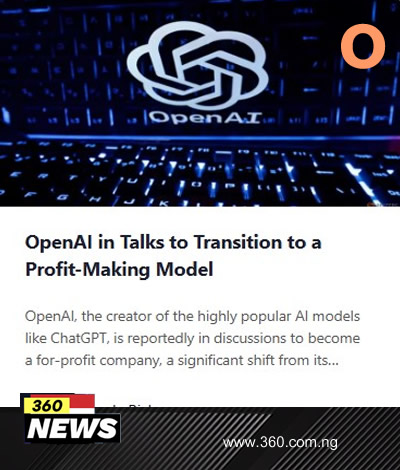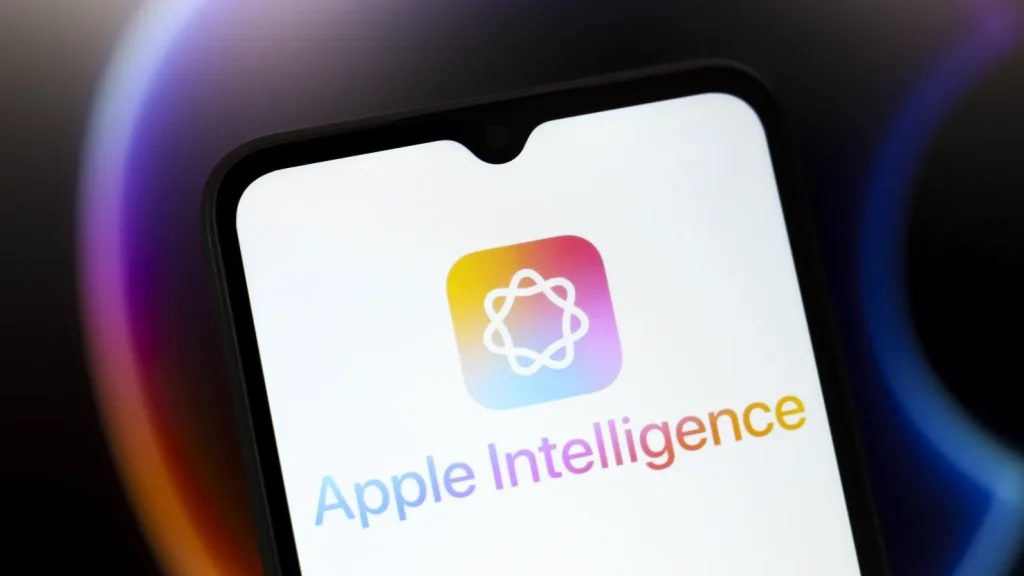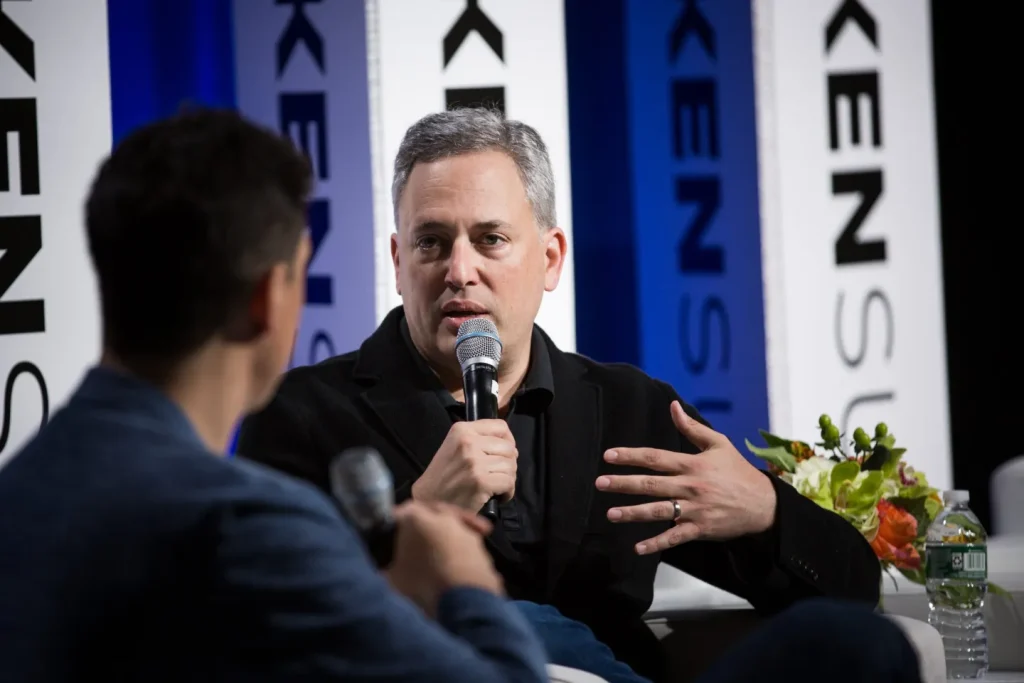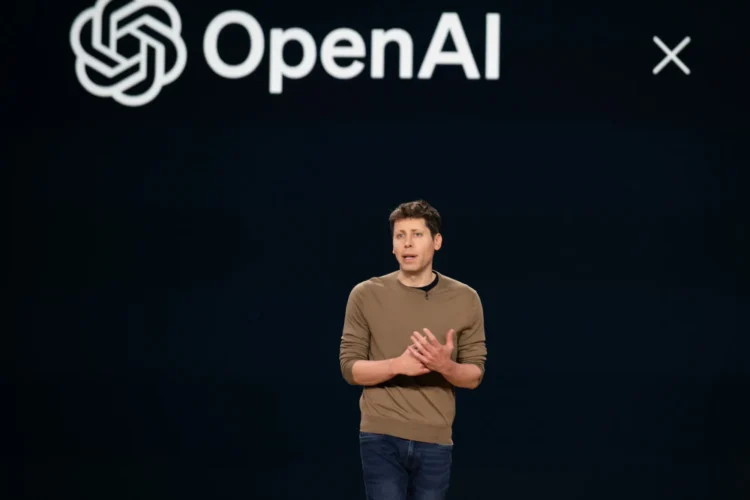OpenAI in Talks to Transition to a Profit-Making Model
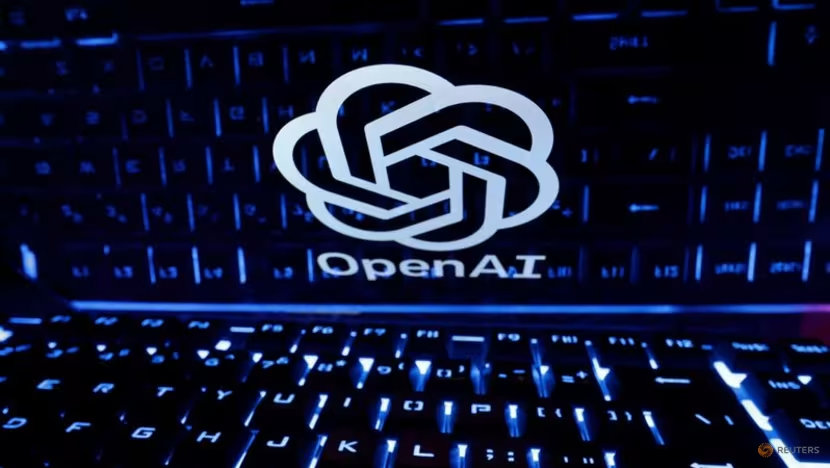
OpenAI, the creator of the highly popular AI models like ChatGPT, is reportedly in discussions to become a for-profit company, a significant shift from its original non-profit structure. According to a new report, these talks with stakeholders in California could mark a major transition for the organization, which was initially established with the goal of advancing artificial intelligence in a way that benefits humanity.
Sources familiar with the matter have told Channel News Asia that OpenAI has been exploring options to convert its governance structure to allow for greater financial flexibility. This change would enable the organization to secure funding more easily while providing its investors with returns on their investments. The discussions are ongoing, and while a final decision has not yet been made, the move could reshape the company’s future, especially in light of the increasing demand for AI technology.
OpenAI started as a non-profit organization in 2015, founded by high-profile figures such as Elon Musk, Sam Altman, and Greg Brockman. The company’s original mission was to ensure that artificial intelligence would be developed in a way that is transparent, safe, and broadly beneficial.
However, as the landscape for AI development evolved and funding requirements increased, OpenAI adopted a hybrid model in 2019. Under this model, OpenAI LP, a “capped-profit” arm, was created to attract investments while maintaining its commitment to public benefit. The current talks indicate that OpenAI might take another step in this evolution, potentially further commercializing its technology.
In particular, OpenAI’s chatbots, including the popular GPT-3 and GPT-4, have seen massive growth, drawing attention from both the tech industry and regulators. The shift towards profitability is likely driven by the tremendous capital needed to fuel the ongoing research, development, and computing power required to keep these AI models competitive. Additionally, OpenAI’s partnership with Microsoft, which invested billions of dollars into the company, underscores the increasing role of private sector funding in AI development.
This potential shift has raised concerns among some in the tech community about OpenAI’s long-term mission and its alignment with the broader public interest. Critics argue that moving towards a more commercially driven model could compromise the company’s original ethos, especially if financial pressures begin to outweigh ethical considerations in AI deployment.
On the other hand, proponents of the change argue that in order to continue developing cutting-edge AI models, OpenAI needs a sustainable revenue model. The tech industry’s rapid pace of growth and innovation has shown that organizations must secure financial backing to stay at the forefront. Microsoft’s involvement as a major investor is seen as a critical factor in this transition, as it enables OpenAI to access the capital and resources needed for large-scale operations.
At present, OpenAI is at a crossroads. While its transition to a for-profit company would alter its organizational structure, it’s clear that the demand for advanced AI capabilities will continue to grow. The outcome of these ongoing talks could have far-reaching implications, not just for OpenAI, but for the future of artificial intelligence itself.
Picture News
